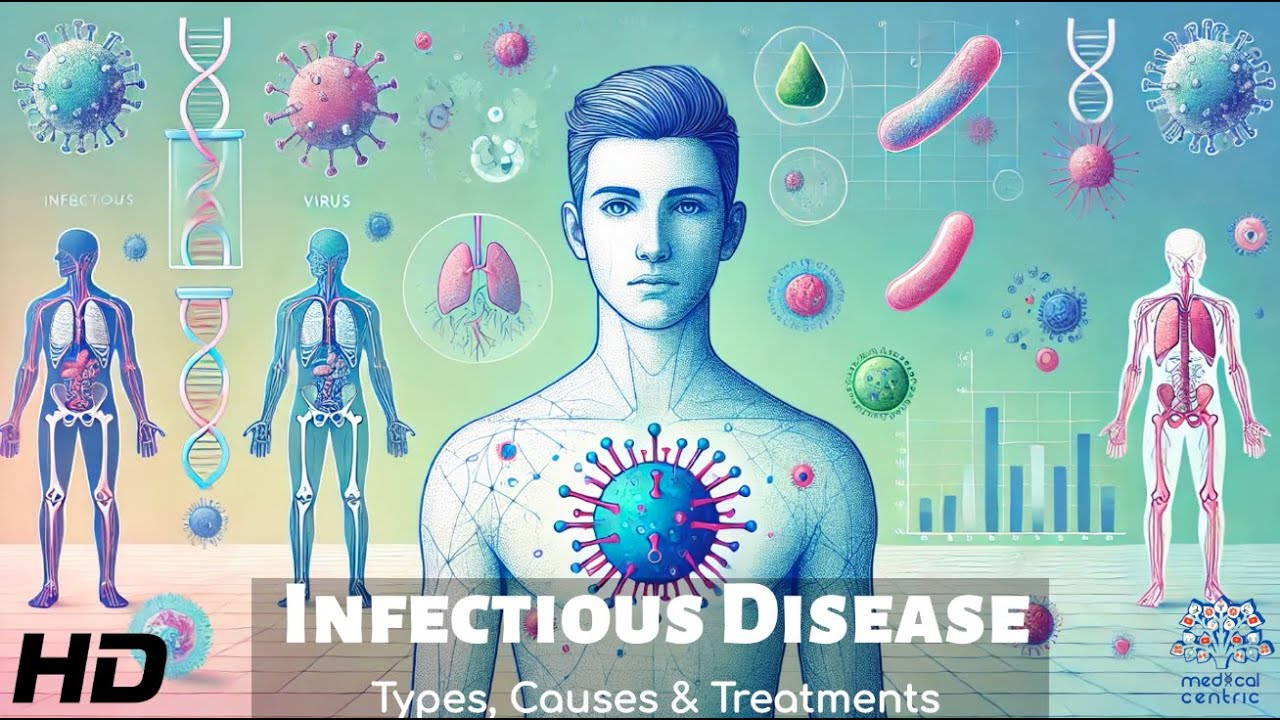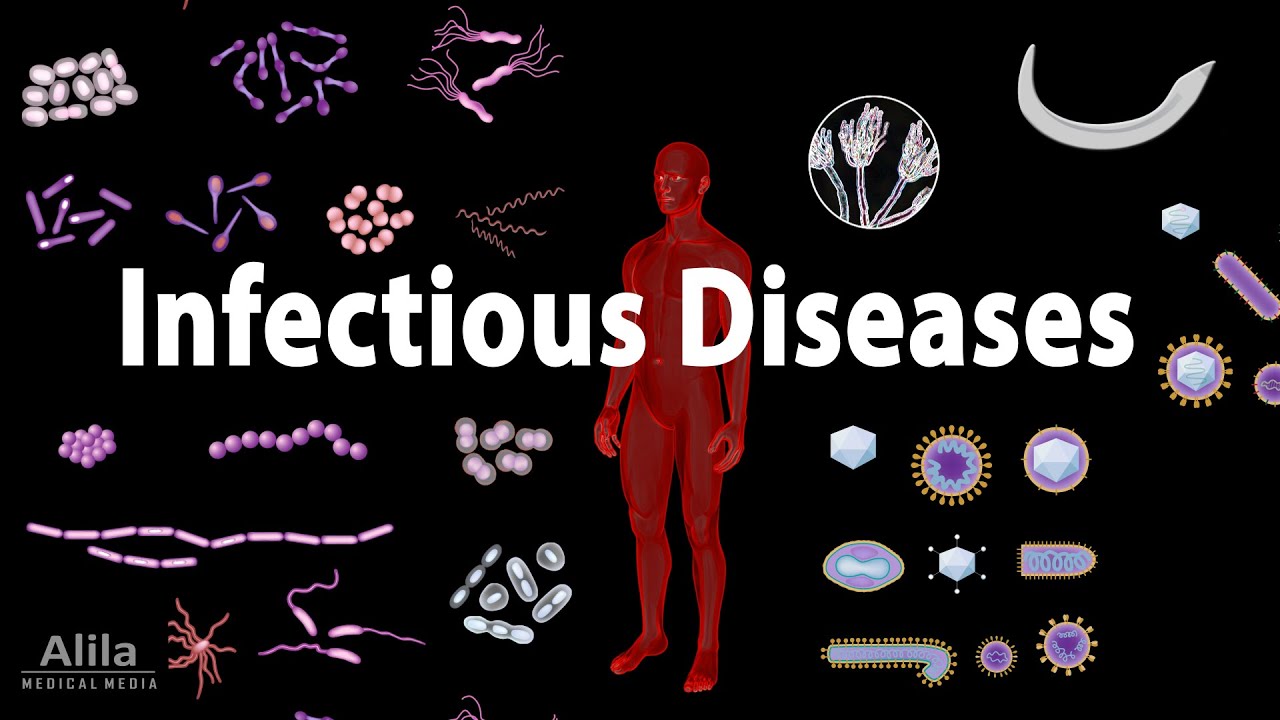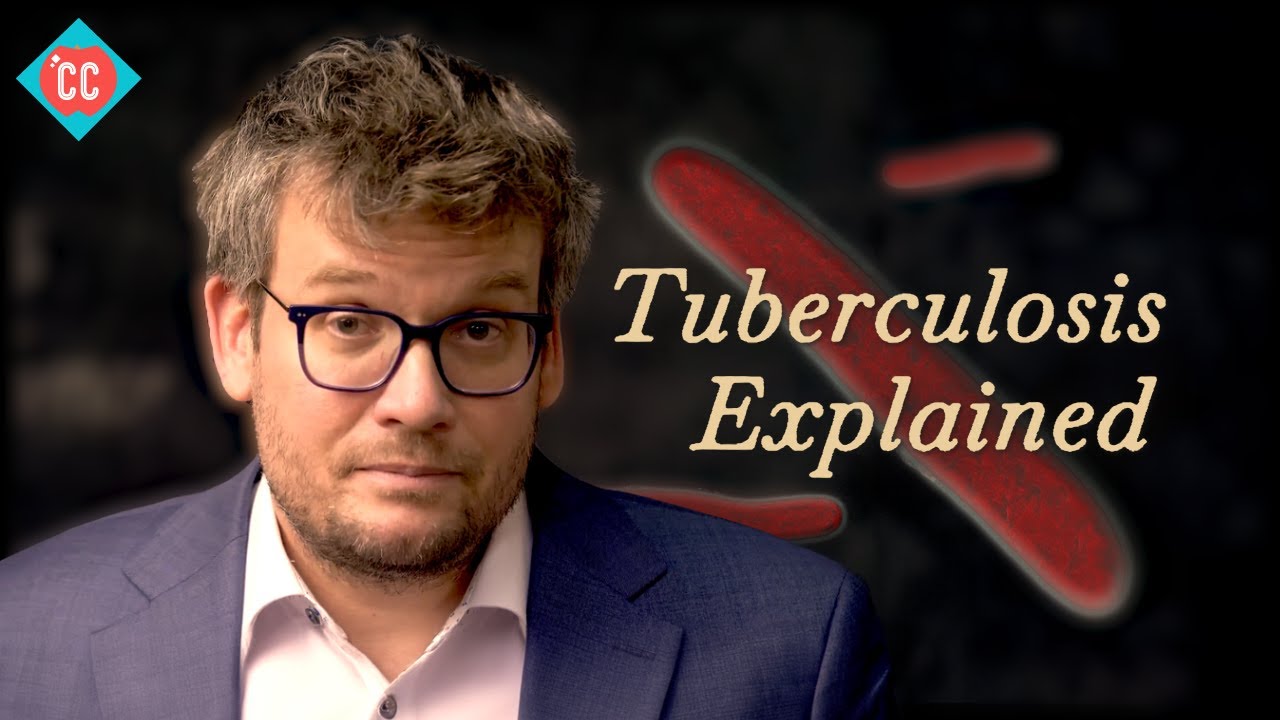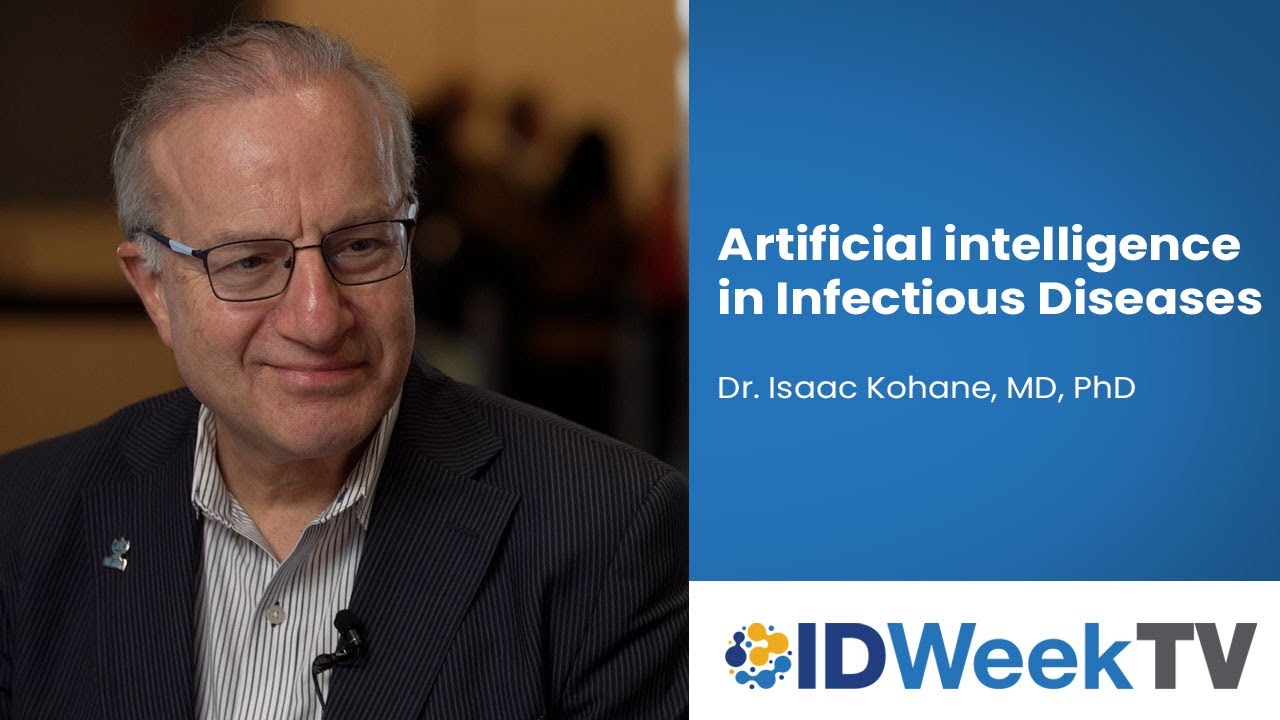The Infectious Diseases Channel
Tuberculosis (TB), the deadliest infectious disease in human history, has shaped societies for millennia. Despite being curable, TB still kills 1.5 million people annually, largely due to poverty, stigma, and unequal healthcare access. Its history reveals shifts from romanticization to racialized stigma, influenced by social and economic factors. Today, drug resistance and inadequate global investment exacerbate the crisis. Activists like Phumeza Tisile have fought to expand access to affordable treatments. With collective action, TB deaths can be significantly reduced, offering hope for a future where no one dies of this preventable and treatable disease.






